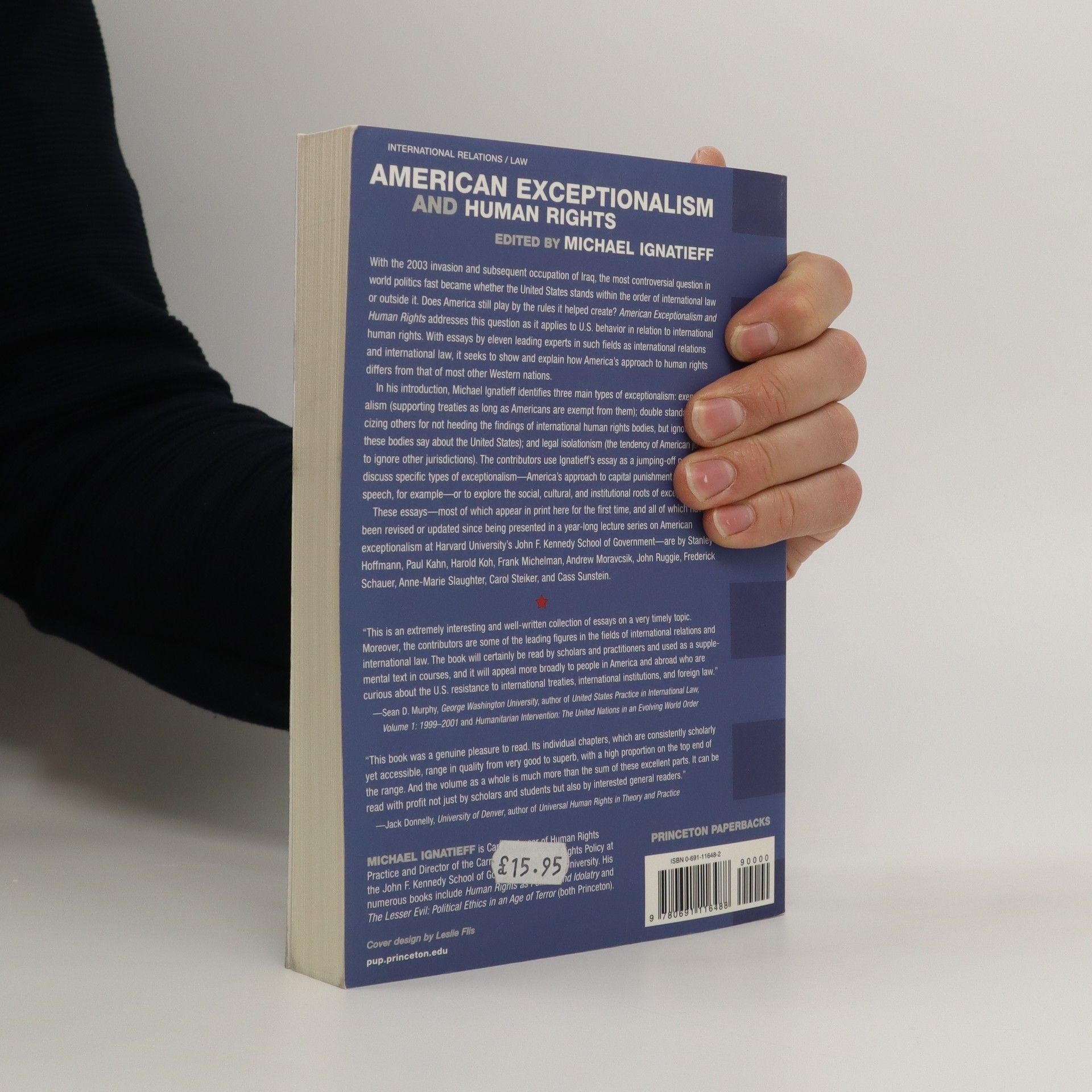Více o knize
The 2003 invasion and occupation of Iraq raised a critical question in global politics: does the United States operate within the framework of international law? This work examines America's adherence to human rights standards compared to other Western nations. Featuring essays from eleven prominent experts in international relations and law, it highlights the distinctiveness of the U.S. approach to human rights. Michael Ignatieff's introduction outlines three forms of exceptionalism: exemptionalism (supporting treaties while seeking exemptions for Americans), double standards (criticizing others for ignoring international human rights findings while overlooking similar issues in the U.S.), and legal isolationism (American judges often disregarding foreign legal precedents). Contributors build on Ignatieff's insights to analyze specific aspects of exceptionalism, such as capital punishment and free speech, and investigate its social, cultural, and institutional foundations. Most essays are published here for the first time and have been revised from a year-long lecture series at Harvard's John F. Kennedy School of Government. Notable contributors include Stanley Hoffmann, Paul Kahn, Harold Koh, and Cass Sunstein.
Nákup knihy
American exceptionalism and human rights, Michael Ignatieff
- Jazyk
- Rok vydání
- 2005
- product-detail.submit-box.info.binding
- (měkká)
Doručení
Platební metody
Tady nám chybí tvá recenze.



